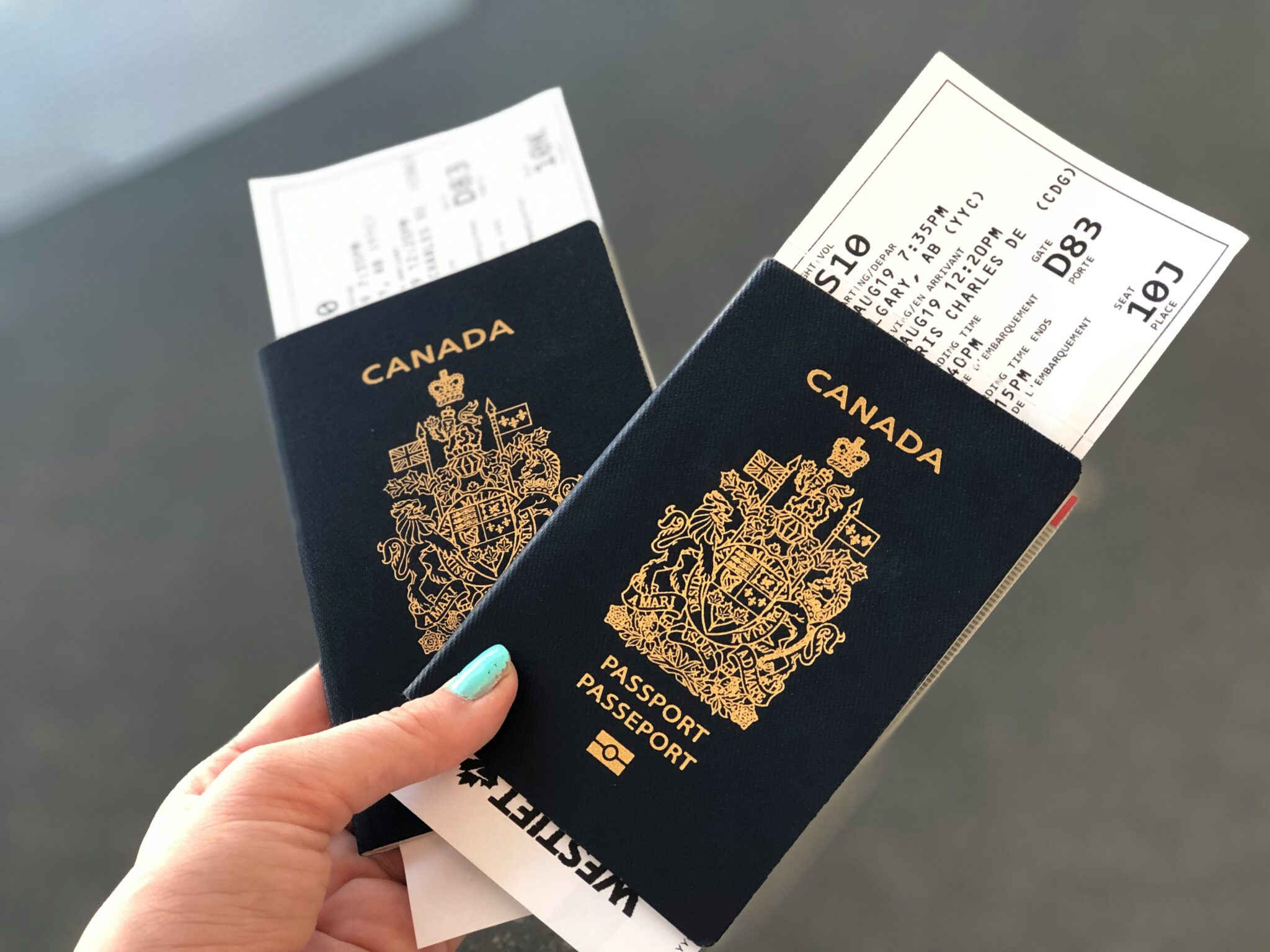Asia Tourism CEO Offers 3 Ways to Invest for a Green Recovery

Skift Take
Capital investment in travel and tourism took a significant hit as a result of Covid-19, decreasing by almost 30 percent to $693 billion in 2020 — the biggest drop ever.
As destinations work towards attracting investment to unlock the sector’s recovery and future growth, creating an enabling business environment for sustainable investment is not enough. Destinations should also pay heed to new opportunities surfacing as a result of shifting consumer and industry trends, said Liz Ortiguera, the CEO of Pacific Asia Travel Association (PATA) during a week in which communities across the globe will celebrate Earth Day on Friday.
“Investors looking at sustainable investments should look for destinations that publicly commit to it and outline a strategy,” she added.
Ortiguera went on to add that while investors need to ensure that the approach is led from the top, it should filter down to the backbone of the travel and tourism industry — the small operators and those at the grassroots level.
“Every destination will require different investments to enable it to reduce carbon emissions and eventually reach its material goals. There is a need for a public-private strategy to engage both sides of the industry.”
With risk profiles being measured properly, getting the right funds into the right place to get adequate returns would be crucial.
Road Less Traveled By
Relieved that education and investment into less-traveled destinations is now happening, the PATA CEO, who was speaking at the World Travel & Tourism Council’s Global Summit, said it’s critical that this continues.
While most destinations have traditionally focused on mass tourism experiences, which has brought them scale, volume and visitors, she said, there’s a growing need now to improve and enhance these experiences to less-traveled destinations.
The investment in promoting secondary and tertiary destinations would help spread the wealth and development, according to Ortiguera.
“The important thing is to do it in a really sustainable and mindful way so that we avoid overtourism and get that dispersion and economic output. And it’s equally important to preserve the natural environment and culture.”
What About Tourism Emissions?
Tourism contributed about 11 percent of global greenhouse gas emissions in 2019, according to Skift research. A significant percentage of this can be attributed to the transport sector, followed by accommodation units.
Decarbonization solutions for transportation would be critical, said Ortiguera, while listing out the need for sustainable aviation fuel and low and no-carbon ground and water transport options.
On the accommodation front, Ortiguera opined it would be essential to help accommodation facilities retrofit with energy and water saving equipment and technologies.
To help accelerate the transition and make it affordable for organizations, she pointed out the need to introduce regulatory incentives, concessional financing and tax relief.
“The needs of each destination are very specific, and so it really is about educating at a national, provincial or local level,” Ortiguera said.
Tourism has a significant impact on the planet and the sector needs to prioritize investments in the next few years specially to reduce CO2 emissions enough by 2030 and help reach net zero goals by 2050.
And while 2050 may be too far away there is a need to make significant inroads by 2030.
What Travelers Want
Acknowledging the increasing importance of sustainability as a key factor in decision making for consumers, Ortiguera quoted a recent Economist Impact survey of Asia-Pacific travelers in which more than seven in 10 respondents agree that Covid-19 has influenced them to make more sustainable choices and opt for purposeful travel.
“This is a real call out to the destinations to tailor it to the emerging consumer needs,” Ortiguera said, calling it the silver lining coming out of two challenging years of the pandemic. “It provides an opportunity to make sure that when travel returns it benefits more equitably and is restorative.”
Highlighting the need to engage local communities she said that when travel products are designed right they become interactive and engaging, as a result of which visitors have a stronger affinity towards the destination.
With the market and the industry now moving towards recovery, Ortiguera is relieved that destinations and businesses do not have to start from a purely nature base to opt for sustainable development.
“You can start from a very developed operation and integrate,” she said. “There are different forms of progress that we can make to meet the needs of the new consumer and create a sustainable world and environment.”
Skift’s in-depth reporting on climate issues is made possible through the financial support of Intrepid Travel. This backing allows Skift to bring you high-quality journalism on one of the most important topics facing our planet today. Intrepid is not involved in any decisions made by Skift’s editorial team.





